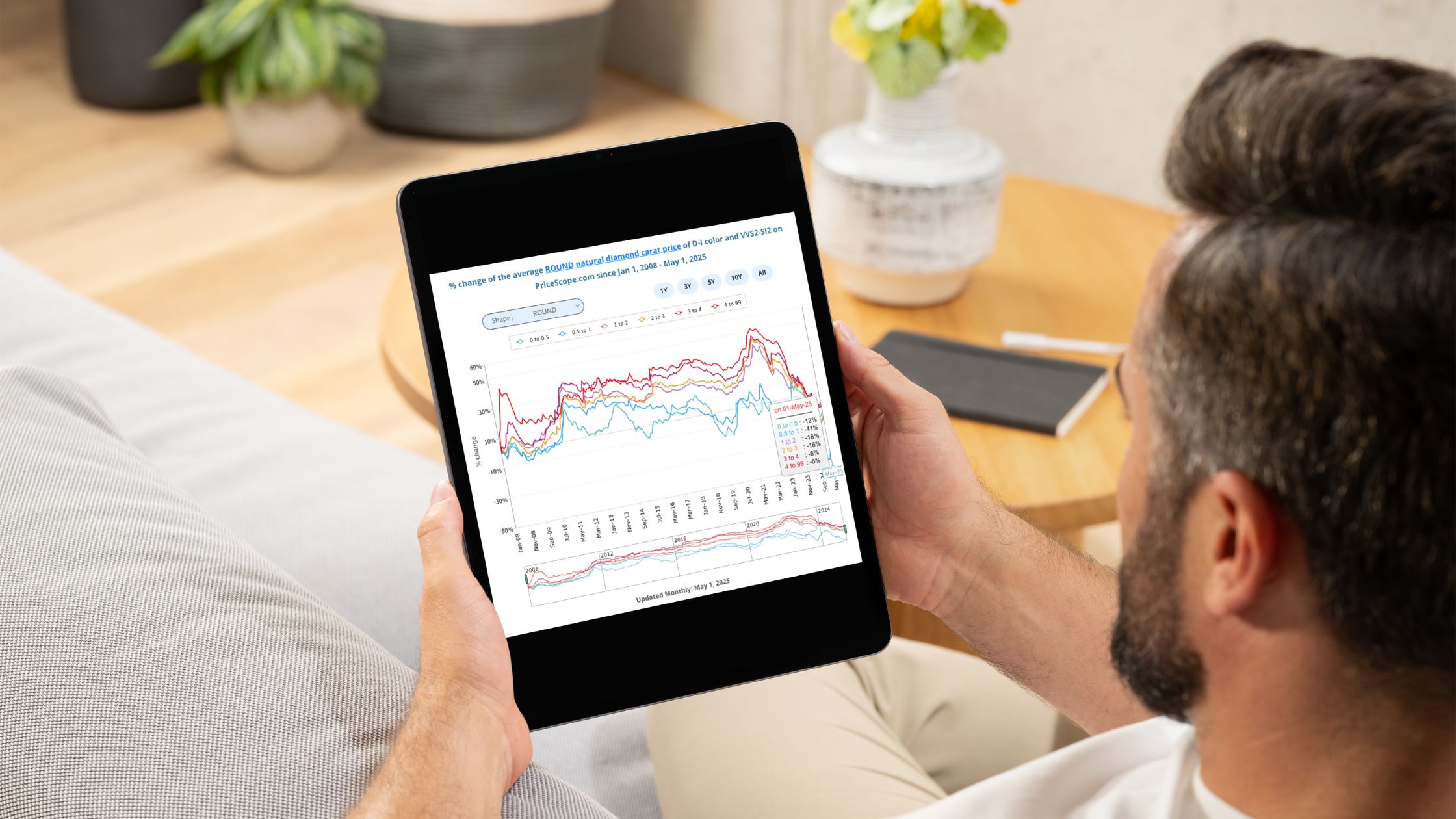- Joined
- Apr 30, 2005
- Messages
- 34,362
One thing that only straight couples have enjoyed is being able to have a child that is genetically half mom and half dad.
Gay couples can't do that because they need a donor sperm or egg.
In Berkeley CA biomedical startups aim to develop new technology.
The goal is to allow two women, or two men, to have children with the DNA of both parents by using steam cells to generate sperm and eggs from one person.
This could also help infertile people have children.
WOW!
If one person had a child from an egg or sperm generated from their own cells, would this be inbreeding?
Would that parent be called mom?, dad?, moad?, daom?
Ethicists are gonna have a field day with this, and I fear the pope is gonna have a heart attack.
Listen to NPR's 8-minute audio clip on this.
Gay couples can't do that because they need a donor sperm or egg.
In Berkeley CA biomedical startups aim to develop new technology.
The goal is to allow two women, or two men, to have children with the DNA of both parents by using steam cells to generate sperm and eggs from one person.
This could also help infertile people have children.
WOW!
If one person had a child from an egg or sperm generated from their own cells, would this be inbreeding?
Would that parent be called mom?, dad?, moad?, daom?
Ethicists are gonna have a field day with this, and I fear the pope is gonna have a heart attack.
Listen to NPR's 8-minute audio clip on this.
Last edited:



300x240.png)